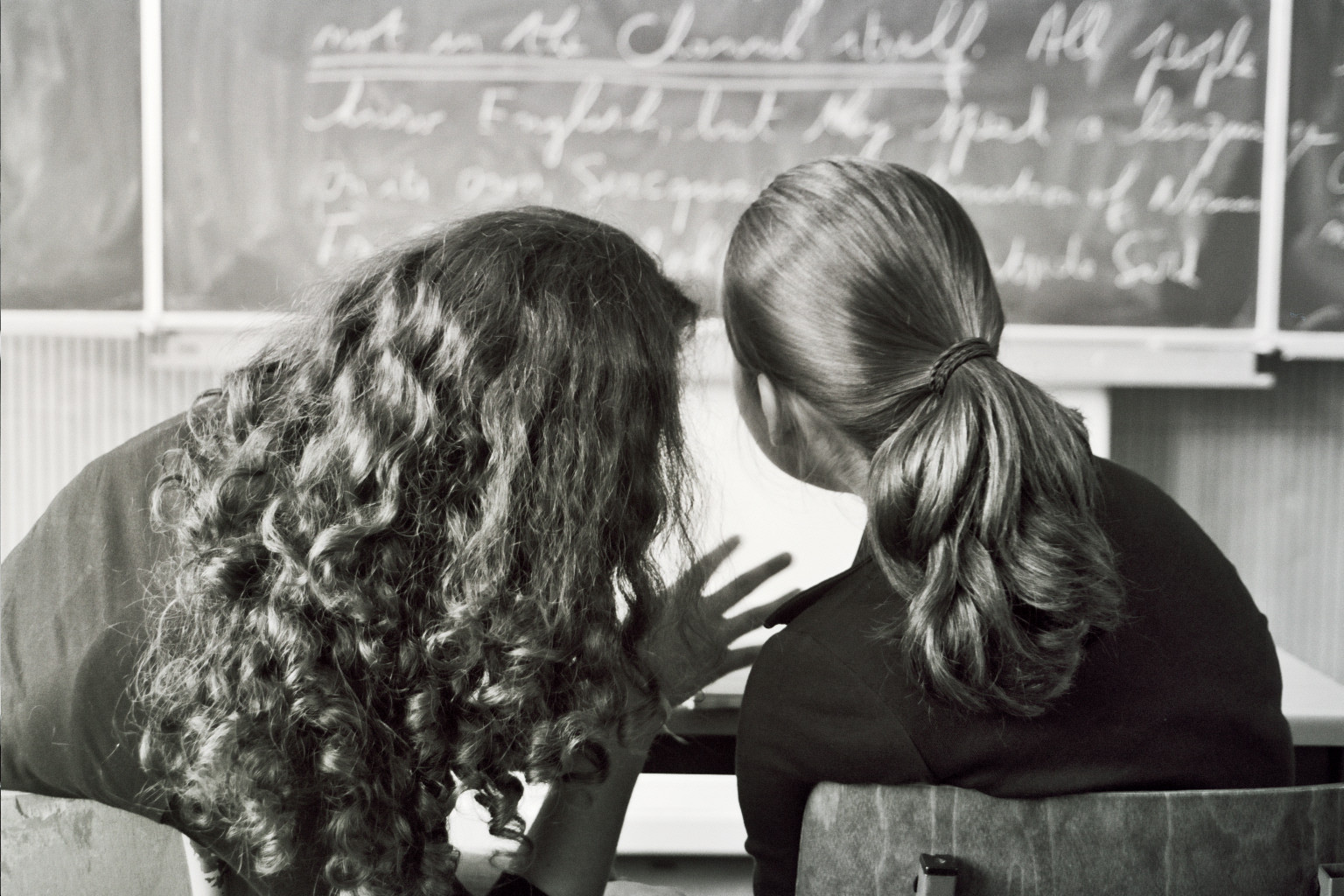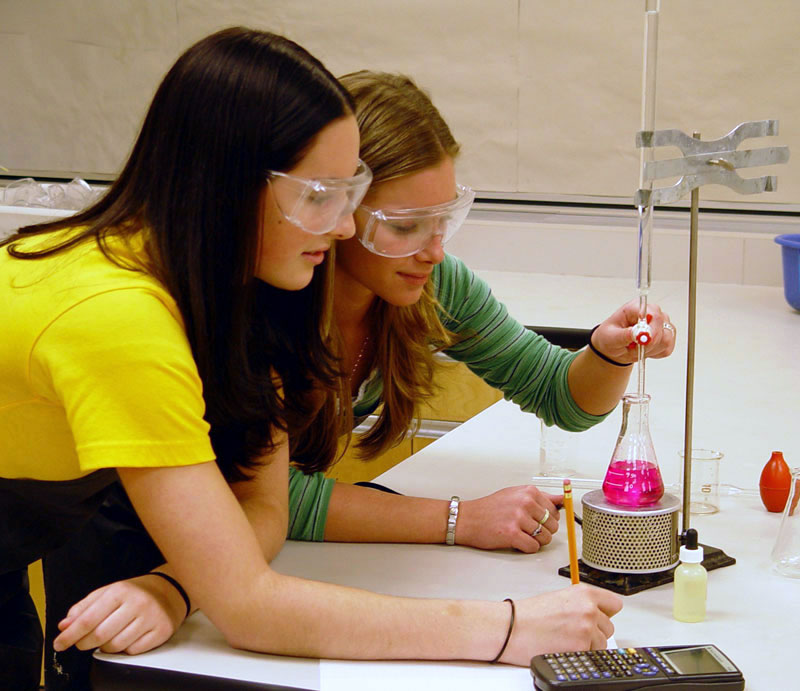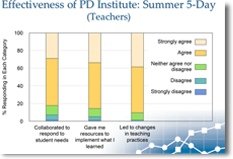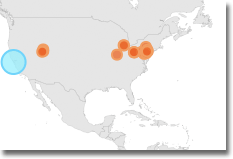New Article Published on the Processes Involved with Scaling-Up or Abandoning an Innovation

Our study of scaling up an innovation that challenges conventional approaches to research is being published in the Peabody Journal of Education and is now available online at Taylor & Francis
The article, “School Processes That Can Drive Scaling-Up of an Innovation or Contribute to Its Abandonment”, looks at the drivers of school-level processes that predict the growth or the attrition of a school’s team implementing an innovation. We looked for the factors that helped to explain the school-level success or failure of a high school academic literacy framework, Reading Apprenticeship, developed by WestEd’s Strategic Literacy Initiative (SLI). The work was funded by an i3 validation grant on which we were independent evaluators. SLI had an innovative strategy for scaling-up, involving school-based cross-disciplinary teacher teams, and brought the framework to 274 schools across five states. This strategy follows research literature that views scale-up as increasing local ownership and depth of commitment. In this study, we show that there are factors working both for and against the increase of teachers and schools joining and staying in an innovation. Given wide variation in teacher uptake, we can identify processes present in the initial year that predicted gains and losses of participants.
Clicking on this link will allow you to read the abstract (and the full article if you subscribe to the journal). If you don’t already subscribe, but you would like to read the article, send us an email, and we will share with you a link that will grant you a free download of the article.





